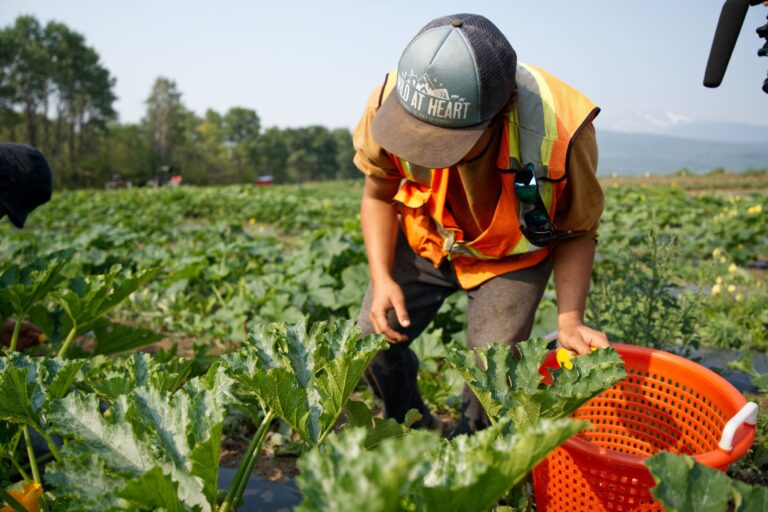28 July 2017
New Business Models & New Financing Models Impact Old Community Problems
First Nations Social Enterprise Creates Sustainable Food Access
When Shaun Loney visited Garden Hill First Nations for the first time in 2014, he showed up with an empty stomach. Despite having the ability to pay, there was nowhere to buy a meal. A modern grocery store offered no ‘country foods’ – a common term for foods hunted, fished, or gathered in the wild – that were the basis of traditional Indigenous diets. Ironically, there were no gardens to be seen in Garden Hill.
Fast-forward several years and Meechim Farm (meaning “food” in Oji-Cree) and Healthy Food Market is a commercial-sized farm, grocery store, and non-profit. It is an initiative of Aki Energy, a social enterprise that links First Nations to community-centred development. In addition to healthy food, Meechim also teaches classes, provides local employment, displaces flown-in foods, and builds local entrepreneurial capacity for other ventures. “This is not a government program or charitable endeavour. It is a business,” writes Shaun Loney in his book An Army of Problem Solvers.
Aki and Meechim were recently featured at the Canadian Conference for Social Enterprise (CCSE) on May 10 – 12 2017 in Winnipeg. Through on-site learning exchanges, the conference allowed attendees to learn from working social enterprise models throughout the Winnipeg area.
There is a rapidly growing awareness that in order to solve issues, we must engage in business solutions that can be scaled and replicated in different communities. Many typical models, which are heavily reliant on grants and donations, struggle to create sustainable results— leading to persisting or worsening problems in our communities. Through Aki Energy’s social enterprise model, the Garden Hill First Nations community has created long-term solutions to food access.
Jerome Lengkeek, Social Finance Director at Urban Matters, comments that “the shift to social enterprise models as a means of solving challenges is accelerating. The need for education and access to business modelling and financial tools is becoming increasingly important.”
Lengkeek also sees the increasing importance of socially responsible investment as a way for enterprises like Aki and Meechim to succeed. “Exploring different ways to finance models like Meechim are needed, and funders are increasingly looking for a different type of investment,” he says. “As investors look to build portfolios that reflect their values, socially responsible investing has become more popular in Canada. These steps have facilitated the shift to social enterprise by acknowledging that it’s possible to invest in businesses that can provide financial returns while simultaneously doing socially good.”
There has been increasing evidence that organizations are able to use business models to positively address some of these challenges to create long-term solutions and sustainability. Through social finance, organizations that are skilled at targeting and addressing a social need in the community may be able to receive the capital they need to scale and grow. Through its innovative model, Meechim is helping to address some of Canada’s most difficult challenges. Other social enterprises are effectively taking on challenges like homelessness, housing affordability, environmental sustainability, and more.




